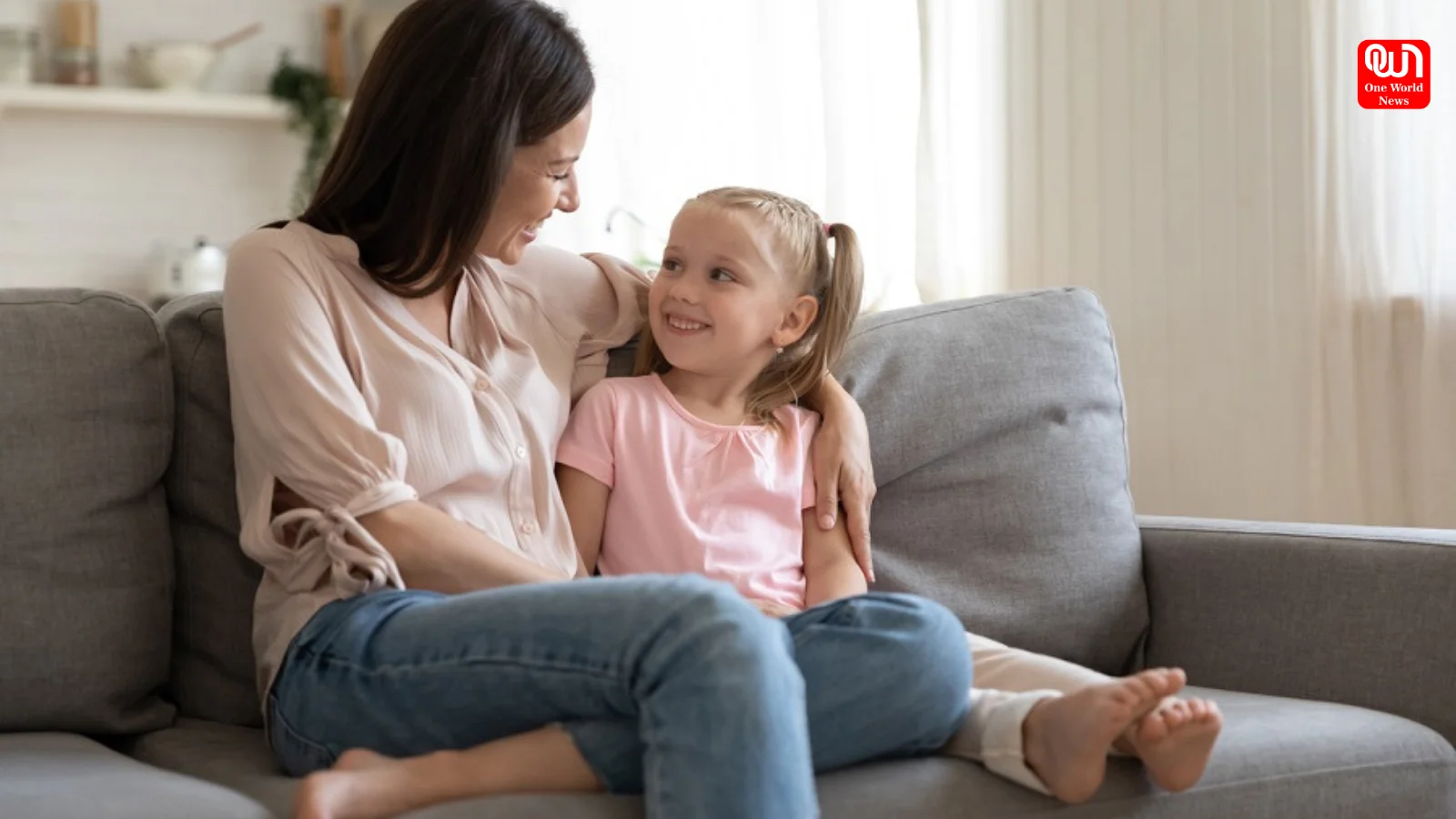How to Talk to Your Children About Mental Health
Having open and honest conversations with children about mental health is important.
How to Talk to Your Children About Mental Health
Seeking Professional Guidance
If you feel out of your depth discussing mental health, don’t be afraid to seek professional help. A counsellor can provide advice on how to talk to your child about specific issues and recommend age-appropriate language. Your child’s doctor may also have suggestions.
For foster children you are caring from with ISP Fostering, get guidance from their social worker on their background. This will help you broach certain subjects sensitively.
Choosing the Right Time and Place
When talking about mental health, choose a time when your child seems receptive, and you can have an uninterrupted conversation. Make sure their basic needs are met, and they are not tired, hungry or distracted.
Pick a comfortable, private space at home where your child feels at ease. Going for a walk together can also help take the pressure off making constant eye contact.
Starting the Conversation
Initiate the chat with in a gentle, caring manner. You could say something like, “I wanted to check in and see how you’re feeling lately. I’m here to listen if you ever want to talk.”
Active Listening
The key is letting your child do the majority of the talking and actively listening without judgement. Give them your full attention and put down any electronic devices.
Use open-ended questions and reflections like “How did that make you feel?” Paraphrase what they say to show your understanding. Resist the urge to immediately chime in with your own experiences.

Being Supportive
Validate their feelings by saying things like, “It makes complete sense you would feel scared/overwhelmed/angry in that situation.”
Give reassurance like, “What you’re going through is tough but you’re not alone. We’ll get through this together.”
If they confide worries about a mental health issue, take it seriously. Say you appreciate them opening up and you want to get them the best support possible.
Getting Professional Help
Explain that seeing a counsellor or therapist can help them develop skills to manage their mental health. Role model that seeking help is brave and important.
Setting Healthy Boundaries
While you want to be a sympathetic listener, remember to set age-appropriate boundaries around what you feel equipped to handle. For example, you may say, “I care about you deeply, but I think this needs to be discussed with your therapist.”
If conversations become unproductive or damaging, postpone until emotions have calmed down. Make it clear you are always available for positive discussions.
Looking After Your Own Mental Health
Being a listening ear for your child can be mentally taxing. That’s why it’s vital to prioritise your own self-care. Make time for activities that nourish you like exercise, hobbies and social connection. Seek counselling if you need support.
Your mental wellbeing directly impacts your ability to be fully present for your child. Show them that even parents need help sometimes and set a positive example.
Speaking to your child about mental health has many benefits when handled with care, empathy and professional guidance. Cultivating open communication in a judgemental-free space allows them to feel truly heard. Both biological and foster children need reassurance that any mental health challenges they face can be overcome with compassionate support.
We’re now on WhatsApp. Click to join.
Like this post?
Register at One World News to never miss out on videos, celeb interviews, and best reads.








